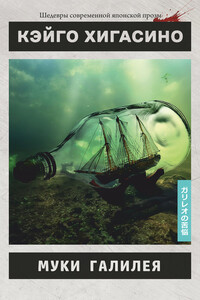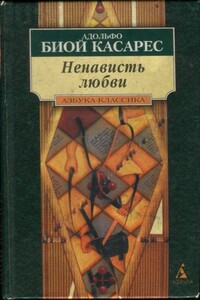Fiona stood reeling under the high, blue sky, voices swooping and diving around her, while the boy was injected, defibrillated and put on oxygen. They loaded him into the ambulance.
When the police came they took her to sit in a car at the edge of the grass. She told them everything she could but the order kept getting mixed up and she left things out and had to correct herself and retell it until she had stitched together the sequence. All about doing the home visit and hearing the shot, seeing through the window the boy fall, and racing out of the house. The car that almost ran her over, as she hurtled across the road, the glimpse of the driver, a white man, at the wheel. Reaching Danny.
The area had been cordoned off. They asked for her shoes. Something about forensics. Her shoes were full of blood.
She had left everything at the new mother’s house when she heard the gunshot, saw Danny fall. Her medical kit, her bag. The police gave her some protective shoe covers in place of her shoes. Similar to the paper slippers patients wear for theatre. They hid the blood on her feet but were useless at protecting her soles from the gravel and glass scattered on the pavement on the walk back to the house. The police had offered to call someone, or find her a taxi home, but she needed to get her own car back, so she declined.
She knocked on the door for the second time that day. She found it hard to recall how much of the visit she’d covered: checking and weighing baby, examining the contents of its nappy and the cord. Examining mum (temp, BP, glucose in the urine) and checking how feeding was going. Leaving some time for any worries and problems to be raised. She couldn’t do anything now, in the state she was in. Hygiene was one of the most important routines to establish with parents. When the new mum opened the door Fiona apologized several times.
‘It’s all right,’ the other woman said. Her eyes kept creeping back to Fiona’s uniform, to her hands, where the blood had dried like rust in the creases of her skin. Carmel shook her head. ‘It’s terrible. Just a kid.’
Fiona nodded fiercely. She didn’t trust herself to speak. She held up her hands, looked a question, the woman nodded and Fiona went through to the kitchen. She washed her hands with cold water, then handwash, until the blood had gone and they were blotchy red and white. She collected her things together and asked Carmel if she would like another midwife to call as the visit had been cut short.
‘I’m fine.’
‘There will be someone here tomorrow,’ Fiona told her.
Fiona sat in her car. She felt immensely tired, her back ached, her stomach was hollow. She was desperately thirsty. Around the green space police tape shivered in the light breeze, glinting in the sun. The sound of her phone jolted her. She took it from her bag. Home. Owen wondering where she was. She was on a half-day, four-hour shift. Should have been back two hours ago. She couldn’t face talking to him now. There were two earlier missed calls. She groaned. Go home, she told herself.
She drove carefully, the pedals biting into her feet, fearful that she would drift off and lose concentration. Everything looked so ordinary, so normal. She had an irrational desire to wind down her window and shout to people: a boy’s been shot! See their faces change. Make them pause. Stupid, she muttered to herself.
She pulled into the drive and parked the car. Gathered up her bags and jacket and went in the side gate expecting the french windows would be open. The garden was empty.
Owen was in the living room, playing his games. Chisel-faced men in uniforms, men with guns, sweeping through abandoned houses. ‘You could have rung,’ he complained without turning round. ‘I needed that money.’
Rage reared in her. Owen turned, saw her face, took in her uniform, the blood, the overshoes. ‘Oh, God.’ His voice had softened.
‘They shot a boy,’ she began, sorrow replacing anger. Her fingers stiff, splayed bouncing on her lips. ‘Your age.’
He swallowed, uncertain how to respond.
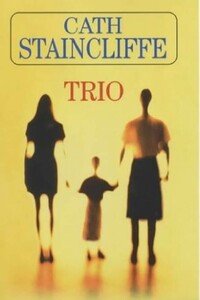

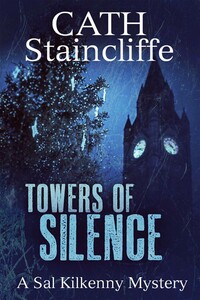

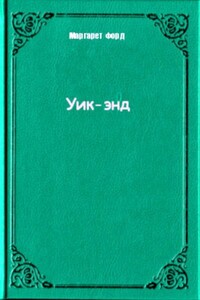
![Не убий: Сборник рассказов [Собрание рассказов. Том II]](/uploads/books/images/84/845806b8d5eca54ef04de0af2428ce8462cec44d.jpg)
